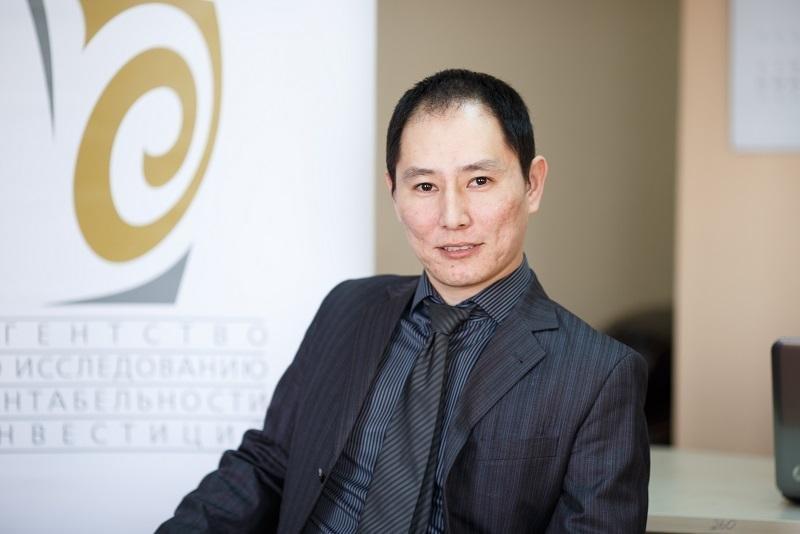Taiwan's independence push risks escalating conflict with China Experts warn
The path of "Taiwan independence" is misguided, and if Taiwan's President Lai Ching-te and his party decide to pursue it, they will inevitably face a crushing blow from China, according to a commentary by Xinhua News Agency on Lai's May 20 speech marking his assumption of office.
"The realization of full national reunification cannot be prevented by any force. The Chinese mainland will never tolerate divisive moves for 'Taiwan independence' in any form. If Lai Ching-te and the DPP (Democratic Progressive Party, which favors Taiwan independence) dare to take desperate risks along the misguided path of 'Taiwan independence,' they will inevitably face a crushing blow," the statement said.
It notes that Ching-te during the speech, not only openly promoted the "two-state" theory and the fact that the two sides of the strait do not belong to each other, but also "went so far as to call the Chinese mainland a foreign country."
How high is the threat of another war? Is Taiwan capable of taking steps unacceptable from the point of view of international law and thus causing war in that part of the world as well?
Prominent foreign experts told Caliber.Az about how they see the situation.

Adil Kaukenov, chief expert of the Kazakhstan Institute for Strategic Studies, general director of the “China Center”, notes that, unfortunately, the threat of escalating relations in the Taiwan Strait is quite high.
"And this situation is taking shape because there are not only two parties to the conflict, there are also external sponsors. Therefore, it is a rather complicated situation. But in general, by and large, neither Beijing nor Taipei are burning with the desire to turn a cold conflict into a hot one. In fact, the Chinese government itself is making great efforts to integrate the island into the mainland economy. In particular, Beijing keeps proposing the 'one country, two systems' formula, which has already been applied quite successfully for Hong Kong and Macau. That is, the bargaining is going on around this," the expert explained.
Another thing is that today there is a geopolitical divergence in this region, he continued.
"This formula itself did not cause strong rejection until the geopolitical differences between the US and the PRC began to gain more strength. It is clear that Taipei has always had its own vision - in particular, for example, even at the very peak of good relations, it has always had its own understanding of how relations with Beijing should be structured, but nevertheless the aggravation between them that we see now is by and large linked to the aggravation that is taking place between China and the US. And it's largely rooted in that. On the other hand, Taipei itself tries not to step over certain red lines - reducing the level of conflict (which could threaten the island's residents) has always been a chip for the Kuomintang Party in the race for political seats. Another thing is that the Kuomintang Party has lost a lot in the eyes of young people, as it is considered a bit stiff, stale, and old.
Whereas the main chip of the Democratic Party, at the expense of which it is now winning, is not so much about issues of relations with mainland China, but about positioning itself as modern, more active, and responsive to the views of young people on the island.
But at the same time, in fact, both sides of the strait understand perfectly well that there is such a formula: the Chinese should not shoot at the Chinese, an armed conflict will not give anyone any benefits. It's just that there are ships sailing there now, there is a huge international trade, in fact, Taiwan and China themselves trade very actively, they travel to each other a lot, there are strong ties between them, which are marred only by political disagreements on how the state system should be built.
So the risk that at some point the human factor, pushed by external forces, will come into play, and that this will lead to some kind of armed confrontation, unfortunately, remains, because there is a political struggle on the island itself, in the course of which external pressure from both the mainland and the United States is very successfully used by politicians to achieve their goals. All in all, it's such a big, rattling mixture - everything that's going on in the Taiwan Strait. In fact, the task of all politicians on both sides of the strait is to preserve further peaceful development," Kaukenov said.
In his opinion, in fact, neither ordinary Taiwanese nor their politicians are eager to move into the concept of battle.
"Of course, if hostilities break out along the shores of the Strait, the US along with NATO will immediately intervene. But who wants to be cannon fodder? After all, it is clear that the strike will have to hit the island, because the forces of the Chinese People's Liberation Army and the forces of Taipei are not comparable. To this day, the powerful industrial potential of China gives it a huge military-technical superiority. This is not the 50-60s, when it was still unclear whether it was technically possible to hit the island. Now there is such a possibility due to the development of missile and aviation engineering.
So Taipei's task is to pass between the jets, strengthening on the one hand its political weight inside the island, trying to persuade someone else to recognize Taiwan's independence, but at the same time not getting the consequences. On the other hand, this game itself carries risks, and, I repeat, there remains the danger of the human factor, when all these games can lead to the fact that somewhere someone can't stand it - during warnings about the inadmissibility of crossing red lines, during military maneuvers in the strait - a situation can arise when everything becomes uncontrollable. So there are risks, and the task of Chinese politicians on both sides is to reduce these risks," the expert added.

Irish political scientist and historian Patrick Walsh emphasizes that Taiwan is legally part of China and is universally recognized as such.
"In fact, its position toward China is not unlike that of Karabakh toward Azerbaijan. The Taiwanese government, by expressing such a position, essentially becomes separatist. The impact of this on China can be appreciated by people in Azerbaijan, and the separatist movement is likely to cause the same reaction in Beijing as in Baku.
So far, the US has taken the legal position that Taiwan is part of China and has discouraged any talk of independence because Washington knows it would dramatically increase the likelihood of war, and possibly world war.
But Washington has a number of different interests. One, linked to the military-industrial complex and bloated academic foreign policy institutions, would welcome an escalating conflict with China. More moderates feel threatened by Taiwanese separatism. A direct Chinese attack on Taiwan would cause great difficulty, and that would be a very dangerous development," the political scientist said.
However, China could end Taiwan through a blockade or simply through a serious military threat, he notes.
"Then there would be a mass exodus of population and a withdrawal of the industrial base from the island. In fact, the US is already ensuring this by encouraging the relocation of Taiwan's computer chip industry. After all, Taiwan, like Ukraine, is perceived in Washington primarily as a trigger for conflict. But it has nothing to gain from such a conflict, only to make life very problematic for Japan, South Korea and other satellite countries in the region," Walsh concluded.








